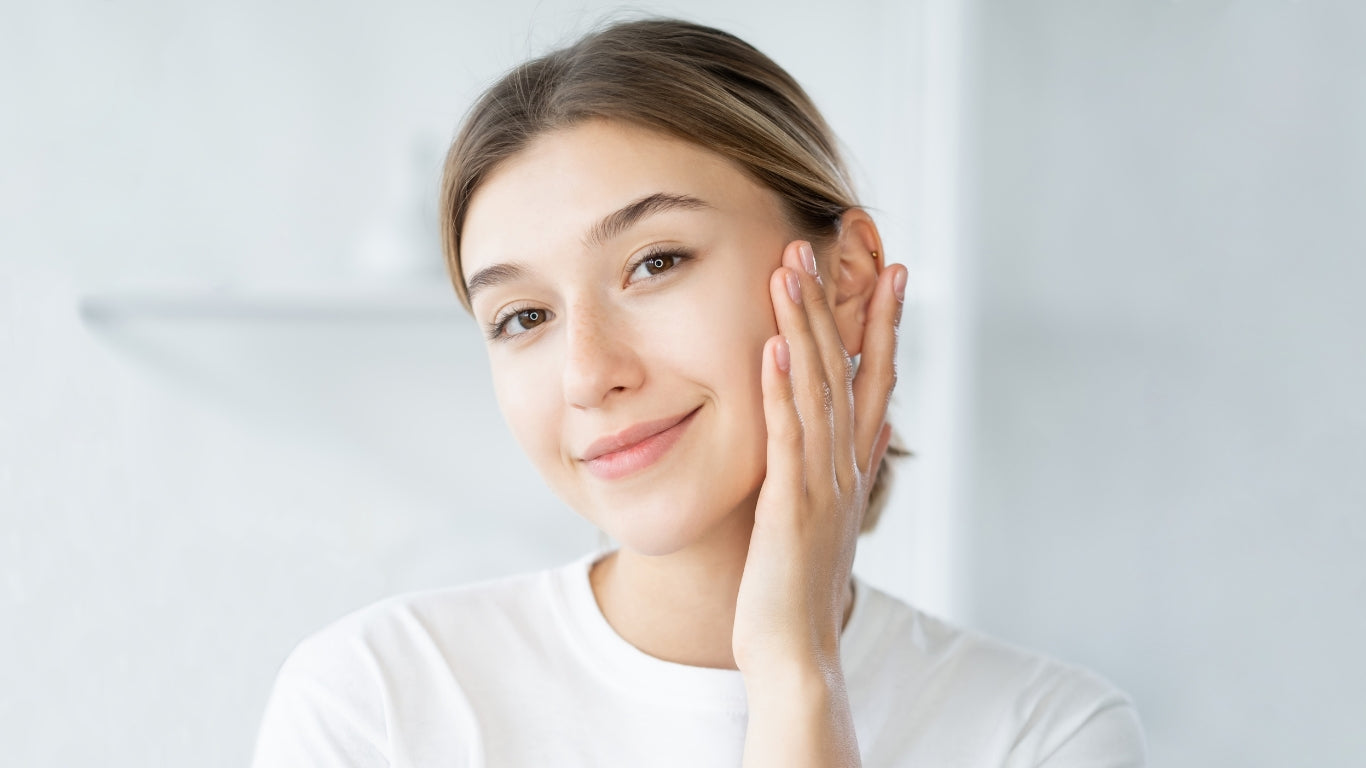Acne, a common skin condition that affects millions worldwide, is a topic that has been widely explored. However, there's a lesser-known variation that often goes undetected: fungal acne. This enigmatic skin issue can be quite puzzling, but understanding its nature and how to differentiate it from traditional acne is essential for effective treatment and prevention. In this blog post, we will delve into the world of fungal acne, shedding light on its causes, symptoms, and treatment options.
What is Fungal Acne?
Fungal acne, also known as pityrosporum folliculitis or malassezia folliculitis, is a type of acne that results from an overgrowth of yeast-like fungi on the skin. Unlike bacterial acne, which is caused by the bacteria Propionibacterium acnes, fungal acne occurs due to the proliferation of a specific type of yeast called Malassezia. These fungi naturally reside on the skin's surface but can multiply rapidly under certain conditions, leading to the development of fungal acne.
Distinguishing Fungal Acne from Traditional Acne
Recognising fungal acne can be challenging, as it shares many characteristics with traditional acne. However, some key differences can help distinguish between the two:
a. Appearance: Fungal acne typically appears as small, uniform, itchy, and acne-like bumps, often with a red or skin-colored base. In contrast, traditional acne can manifest as whiteheads, blackheads, pustules, and cysts.
b. Location: Fungal acne tends to concentrate on the chest, back, and shoulders, whereas traditional acne is more commonly found on the face, forehead, and chin.
c. Persistence: While traditional acne can come and go, fungal acne is often stubborn and does not respond well to conventional acne treatments.
Causes of Fungal Acne
Several factors can contribute to the development of fungal acne:
a. Humidity and Sweating: Fungi thrive in warm, humid environments, making sweaty conditions an ideal breeding ground for fungal acne.
b. Tight Clothing: Wearing tight-fitting clothing can trap sweat and moisture against the skin, creating a favourable environment for Malassezia to flourish.
c. Overuse of Antibiotics: Prolonged use of broad-spectrum antibiotics can disrupt the balance of skin flora, potentially leading to an overgrowth of Malassezia.
d. Weakened Immune System: A compromised immune system may allow Malassezia to grow unchecked.
Treatment and Prevention
Fortunately, managing fungal acne is possible through various approaches:
a. Antifungal Products: Over-the-counter antifungal creams, shampoos, or cleansers containing ingredients like ketoconazole or pyrithione zinc can effectively target Malassezia.
b. Gentle Skincare: Avoid harsh, oil-based skincare products, as they can exacerbate fungal acne. Opt for oil-free, non-comedogenic products and incorporate a gentle cleansing routine.
c. Loose-Fitting Clothing: Choose loose-fitting, breathable clothing to minimize sweating and moisture retention.
d. Medicated Cleansing: Consider using a medicated body wash containing salicylic acid or benzoyl peroxide to help manage fungal acne on the body.
e. Dietary Adjustments: Some studies suggest that reducing sugar and high-glycemic foods from the diet may help control fungal acne.
Understanding fungal acne is crucial for accurate diagnosis and effective treatment. By recognising its unique features and triggers, individuals can take proactive measures to manage and prevent this often overlooked skin condition.
If you suspect that you might have fungal acne, don't hesitate to consult a dermatologist for personalised guidance and recommendations tailored to your skin's needs.
Armed with knowledge, we can unmask fungal acne and work towards clearer, healthier skin.
What skincare products do I recommend for Fungal Acne?
The ultimate acne-fighting solution :
-
AHAA® SKINCARE The 6th Element - ANTI-ACNE FACE CREAM
- AHAA® SKINCARE Awakening - EXFOLIATING ACNE SERUM • 12% AHA BHA
- AHAA® SKINCARE Breathe - FAST-ACTING ACNE TREATMENT GEL
*To maximise the results add all 3 anti-acne products to complete your skincare routine.




